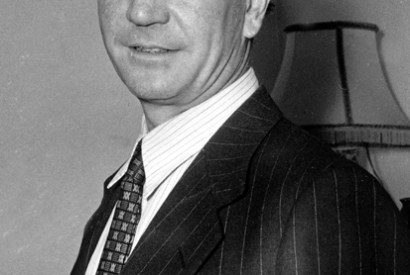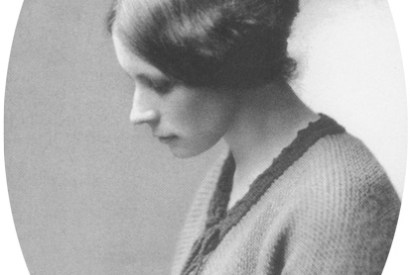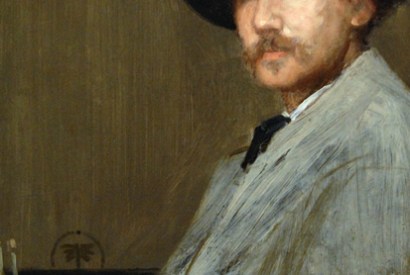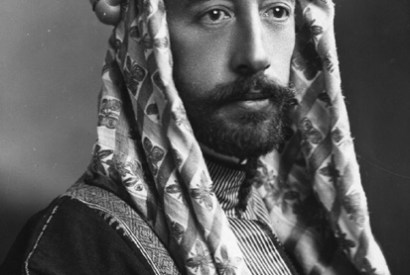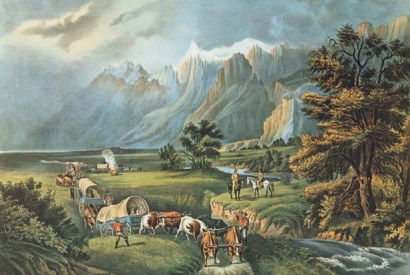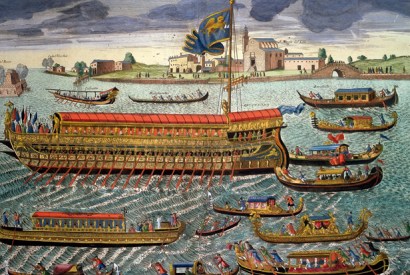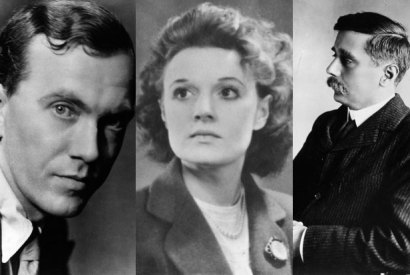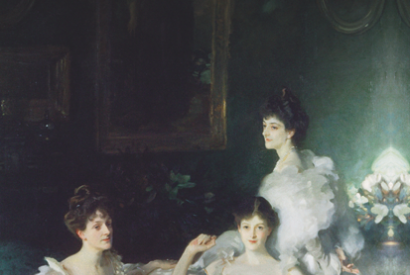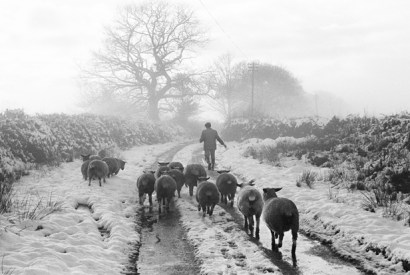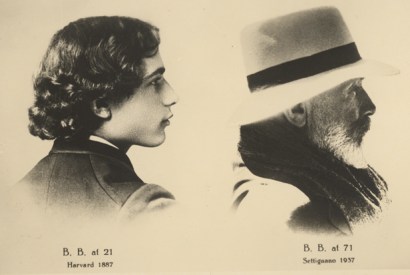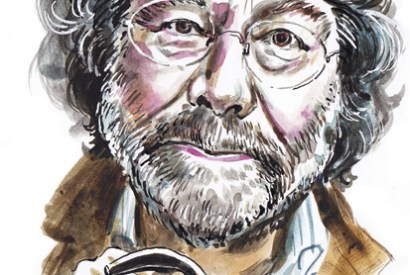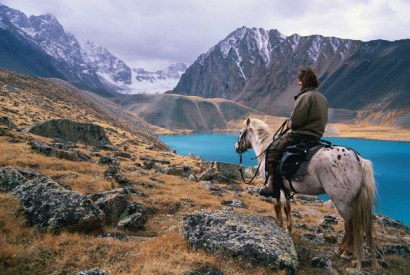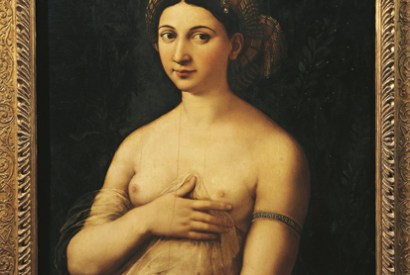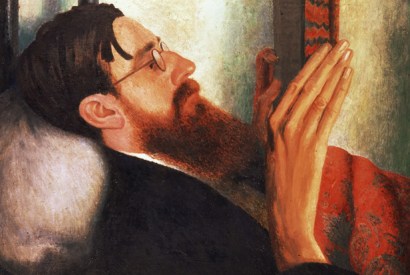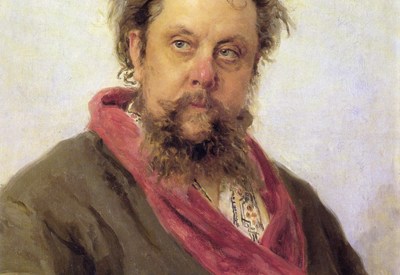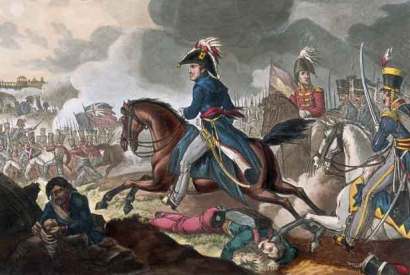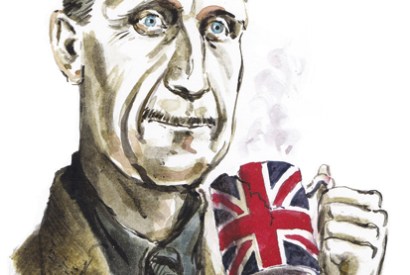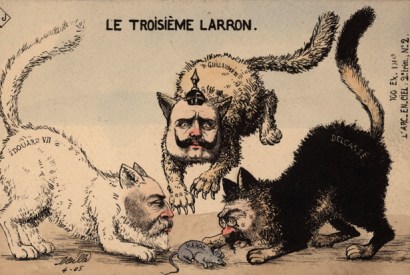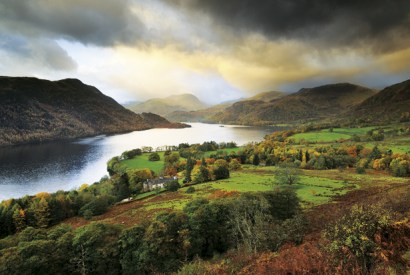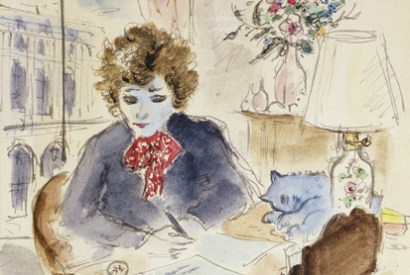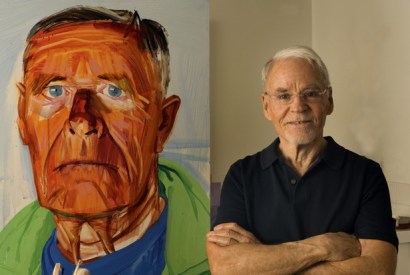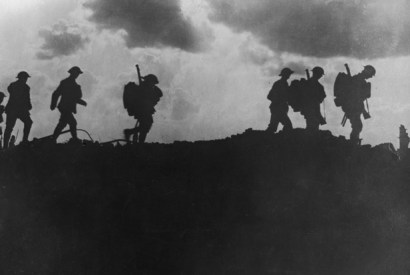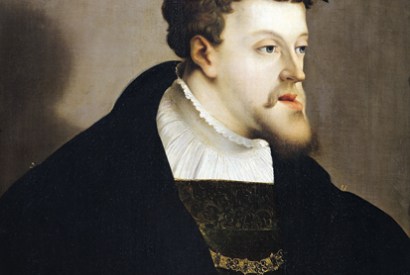Lead book review
Kim Philby got away with it because he was posh
Kim Philby’s treachery escaped detection for so long through the stupidity and snobbery of the old-boy network surrounding him, says Philip Hensher
Secrets of Candleford: the real Flora Thompson
Melanie McDonagh on Flora Thompson, whose revealing account of rural Oxfordshire life at the turn of the 19th century became a literary classic
The Artist Formerly Known As Whistler
Sam Leith on the exasperating, charismatic painter who floated like a butterfly and stung like a bee
The enlightened king of Iraq
Alan Rush admires the humane, enlightened Faisal I, who fought with T.E. Lawrence and devoted his life to Arab rights, independence and unity
Has land ownership changed our lives for better or for worse?
The highly profitable — and intrinsically selfish — system of land ownership that replaced medieval feudal tenure had profound moral consequences that continue to this day, says John Adamson
What Englishmen learnt from Europe
A tour of the Continent was a prerequisite for young Jacobean noblemen training for statesmanship — provided they resisted its corrupting influence, says Blair Worden
Reviewing reviews of reviews — where will it all end?
Sam Leith reviews the reviews of David Lodge — and wonders where it will all end
My family's better days
Simon Blow recalls the wealth, recklessness and beauty of his family’s better days
'She's the most important Jewish writer since Kafka!'
Ian Thomson on the turbulent life of Clarice Lispector
How we lost the seasons
... for tomorrow traditional seasonal rituals may just be ghostly memories of a vanished world, says Melanie McDonagh
How honest was Bernard Berenson?
Sam Leith suspects that even such a distinguished connoisseur as Bernard Berenson did not always play a straight bat
If only Craig Raine subjected his own work to the same critical scrutiny he applies to others'
Debunking reputations is now out of fashion, says Philip Hensher, and Craig Raine should give it up — especially as he always misses the point
In the steppes of a warlord
Joanna Kavenna is impressed by one man’s 6,000-mile ride through some of the loneliest regions on earth
Spectator writers' Christmas book choices
More recommended reading from some of our regular reviewers
Spectator writers pick their books of the year
Recommended reading from some of our regular reviewers
Why do we pounce on Wagner's anti-Semitism, and ignore that of the Russian composers?
Philip Hensher on how an impassioned, chaotic group of amateur 19th-century composers created the first distinctively Russian music
How we beat Napoleon
We are accustomed to the thrill and glamour of the grands tableaux, but a nuts-and-bolts study of Napoleonic warfare makes for equally gripping reading, says David Crane
George Orwell's doublethink
The inventor of ‘doublethink’ was consistently inconsistent in his own political views, says A.N. Wilson. And no fun at all
How to avoid bankers in your nativity scene
With an eye to the blasphemy underlying some of the loveliest Renaissance painting, Honor Clerk will be choosing her Christmas cards more carefully this year
What caused the first world war?
In pre-1914 cosmopolitan society, everyone seemed to be related — ambassadors as well as monarchs. But increased militarisation was fast obliterating old family ties, says Jane Ridley
England’s 100 best Views, by Simon Jenkins - review
Sam Leith is transported by the finest scenery in England
Colette’s France, by Jane Gilmour - review
Richard Davenport-Hines on the charmed, dizzy world of the multi-talented Colette
To 'Flufftail' from 'Pinkpaws': The Animals is only good for celebrity-spotting
The correspondence between Christopher Isherwood and Don Bachardy is good for celebrity-spotting but too cloyingly self-absorbed to be of wider interest, says D. J. Taylor
Why does Max Hastings have such a hatred for the British military?
David Crane is taken aback by the particular contempt Max Hastings appears to reserve for the British at the outbreak of the first world war
Danubia, by Simon Winder - review
The inbred Habsburg monarchs, who for centuries ruled without method over a vast, ramshackle empire, managed to leave an indelible mark on modern Europe, says Sam Leith

